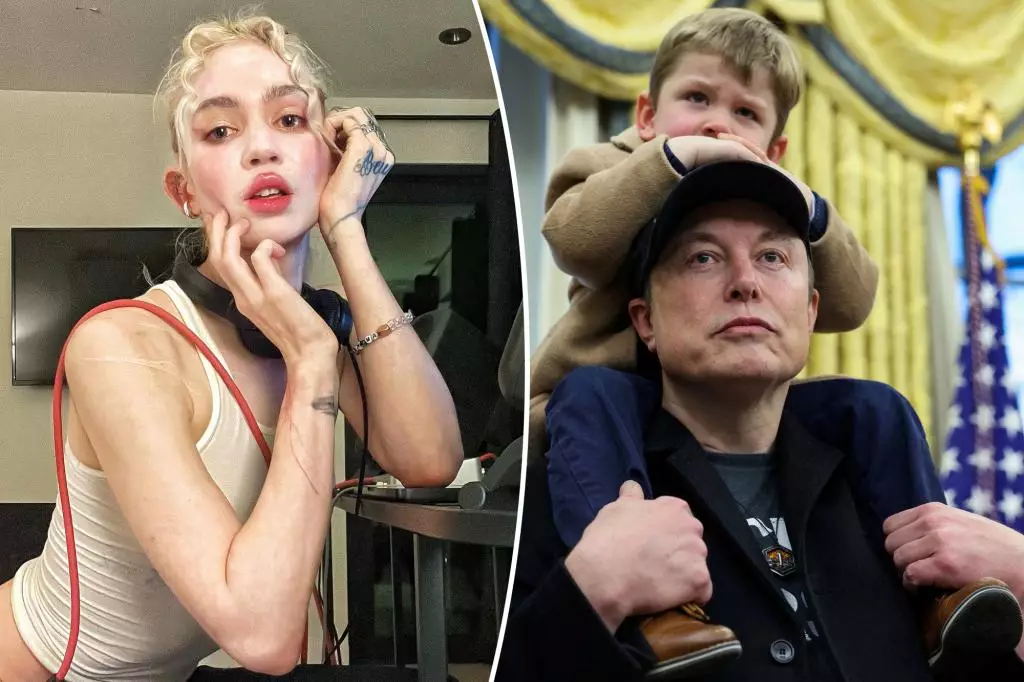When the intersection of celebrity culture and parental responsibility collides, the resulting fallout often leaves lasting ramifications. In a poignant reflection of this struggle, Grimes has publicly expressed her desperation regarding the overexposure of her three children with Elon Musk on social media and in the public sphere. This troubling saga illuminates a broader conversation about the ethical implications of raising children in a digital age where privacy is increasingly elusive.
Grimes’ heartfelt appeal, voiced through social media, hinges on her genuine fear that her children, ages 1 to 4, may suffer the consequences of unwanted public scrutiny. She openly criticized not only the culture of online visibility but also the lack of legal frameworks to protect young ones from such exposure. In her words, “I have tried begging the public and my kids’ dad to keep them offline.” This plea underscores a critical dilemma: when the personal lives of public figures become fodder for media consumption, do we inadvertently sacrifice a child’s right to a private upbringing?
The Role of Celebrity in the Digital Realm
Elon Musk’s high-profile lifestyle inherently invites public attention, creating a constant interplay between his personal and professional life. Grimes’ discomfort becomes even more salient in the context of Musk’s recent actions, specifically the appearance of their son at a press event. The incident raises pressing questions about the role of consent in celebrity life and the not-so-simple truth that children, especially infants and toddlers, are too young to advocate for their own boundaries.
Grimes’ assertion that “fame is something you should consent to” captures the essence of the crisis at hand. While parents, particularly those in the public eye, must navigate their personal ambitions alongside parental responsibilities, the decision to expose children to media scrutiny cannot be taken lightly. When such public exposure dwarfs the considerations of personal privacy, a moral reckoning is due within society that celebrates celebrity culture.
Legal Gaps in Child Privacy Protection
The artist’s remarks hint at deeper systemic issues surrounding child privacy laws. Her skepticism regarding the protective measures the law can offer serves as a clarion call for reform. The notion that parents can advocate for their children’s anonymity in the public domain is not just an emotional appeal; it’s a necessary conversation in a time when children are often thrust into the limelight without the ability to comprehend or consent to such decisions.
Grimes’ previous experiences with Musk complicate their co-parenting dynamics even further. With their history of public legal disputes over parental rights, it’s clear that the challenge of balancing public interest with a child’s need for privacy complicates familial relationships. This complexity emphasizes the urgency for a robust discussion around child privacy rights, with calls for potential legal safeguards that allow parents to protect their children from becoming unwitting public figures.
Grimes advocates passionately for a world in which children, regardless of their parents’ fame, can lead normal lives shielded from the harsh glare of public attention. This ongoing battle against pervasive online exposure is emblematic of a broader conflict: one that pits personal freedom against the often-unchecked landscape of social media, illustrating a paramount need for a reevaluation of how we protect the most vulnerable among us.

Leave a Reply